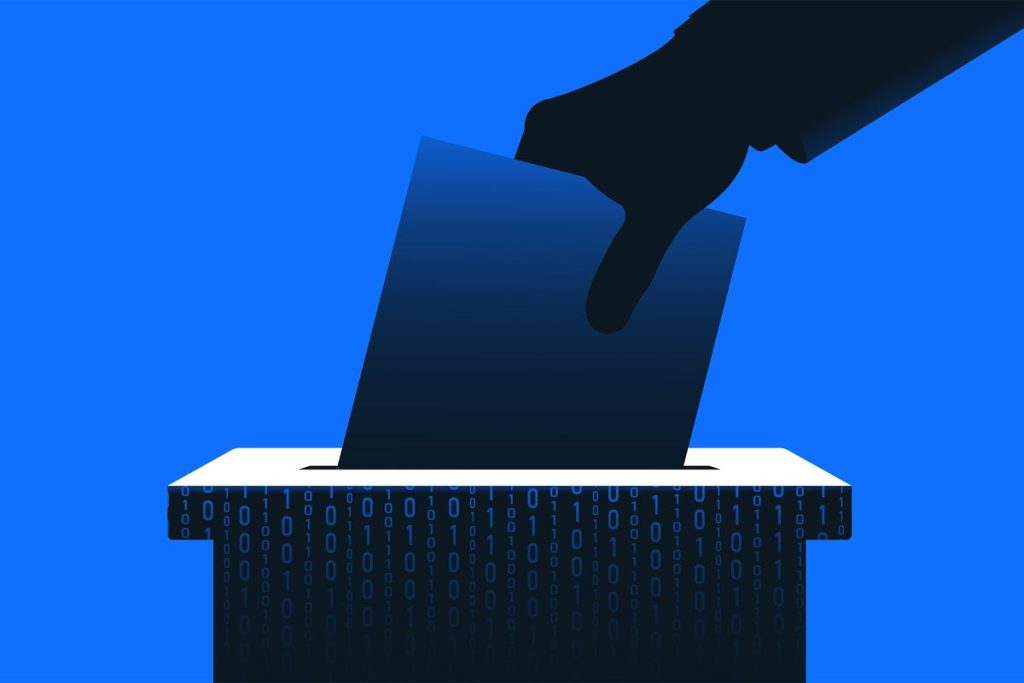Listen to the article
In a year of unprecedented global electoral activity, cyber-enabled influence operations have emerged as a critical threat to democratic processes worldwide. With billions of voters heading to polls across the globe in 2024, foreign interference in elections has intensified, particularly through sophisticated social media campaigns designed to manipulate public opinion.
These cyber-enabled influence operations (CEIOs) first captured widespread public attention following Russian interference in the 2016 U.S. presidential election. Despite increased awareness, these operations continue to evolve and present significant challenges for governments, researchers, and technology platforms attempting to counter them.
Using information as a strategic tool is not new in international relations. Sun Tzu advocated more than two millennia ago for subduing enemies without direct combat. During the Cold War, the Soviet Union conducted Operation Infektion, spreading false claims that AIDS was created in American laboratories. What has changed dramatically is the scope, scale, and speed at which these operations can now be conducted through cyberspace.
While public concerns about cybersecurity often focus on catastrophic attacks targeting critical infrastructure—the so-called “cyber Pearl Harbor” scenarios—CEIOs represent a more subtle but equally dangerous threat. Rather than targeting computer systems through code, these operations target human psychology, attempting to “hack” minds rather than machines.
“They are a new form of ‘divide and conquer’ applied to geopolitical competition rather than in war,” according to recent research published in the Intelligence and National Security journal.
Understanding how these operations function requires examining the military concept known as the OODA loop (observation-orientation-decision-action). This framework explains how individuals process information from their environment and make strategic choices. CEIOs specifically target the observation phase by injecting manipulated information that can ultimately alter behavior, including voting decisions.
These operations follow an identification-imitation-amplification framework. First, malicious actors identify target audiences and divisive issues through social media micro-targeting capabilities. Second, they imitate members of these target audiences by assuming false identities to build credibility. Finally, they amplify tailored messages across multiple platforms to maximize impact.
The Russian Internet Research Agency’s operation during the 2016 U.S. election exemplifies this approach. Through Facebook’s targeting features, they delivered different messages to different American demographic groups. Evidence shows that a majority of Russian-purchased ads targeted African Americans with content focused on race, justice and policing issues. According to the Mueller Report, approximately 126 million Americans were exposed to these influence attempts.
Notably, CEIOs don’t always rely on outright falsehoods. They frequently employ factually accurate information presented in ways designed to exacerbate divisions. This tactical nuance makes them particularly difficult to identify and counter.
“When technology allows outsiders to credibly pose as legitimate members of a certain society, the potential risks of manipulation increase,” note experts tracking these operations. The anonymity and global access afforded by social media platforms create ideal conditions for foreign actors to insert themselves into domestic political conversations.
The consequences extend beyond individual elections. By manipulating the information environment, these operations can transform manageable societal disagreements into seemingly unbridgeable divides. Research indicates most people are not as politically polarized as they perceive themselves to be, but CEIOs can amplify perceptions of division and undermine institutional trust.
With nearly half the global population participating in elections this year, the challenge of countering these operations has never been more urgent. Democratic societies face a difficult balancing act: limiting malicious foreign influence while preserving free speech principles.
The task requires differentiating between legitimate political discourse and coordinated foreign interference campaigns. It also demands greater digital literacy among citizens and more robust detection mechanisms from technology platforms.
As election authorities worldwide prepare for potential interference, understanding the sophisticated mechanisms behind these operations represents the first critical step in defending democratic processes against an evolving threat landscape.
Fact Checker
Verify the accuracy of this article using The Disinformation Commission analysis and real-time sources.




9 Comments
Cyber-enabled influence operations pose a serious threat to democratic processes worldwide. Increased transparency, public awareness, and international cooperation will be critical in addressing this complex challenge.
While the use of information as a strategic tool is not new, the scale and speed of these operations in the digital age poses significant challenges. Robust fact-checking, media literacy, and cross-platform collaboration are essential to counter this threat.
The evolution of cyber-enabled influence operations is deeply concerning. Protecting the integrity of elections should be a top priority for governments and tech companies alike. Proactive steps to detect and mitigate foreign interference are urgently needed.
The use of online manipulation tactics by foreign governments to influence voters is a worrying trend that undermines democratic processes. Stronger international cooperation and coordination are needed to address this threat.
I agree, this is a complex issue that requires a multilateral response. Building resilience in our democratic institutions and empowering citizens to think critically about online information will be crucial.
The use of online manipulation tactics by foreign governments to influence voters is a concerning development that requires a coordinated, multifaceted response. Strengthening democratic resilience should be a top priority.
I agree. Building public awareness, enhancing media literacy, and improving coordination between stakeholders will be essential in addressing this challenge.
This is a worrying trend that undermines the foundations of democracy. Governments, tech platforms, and civil society must work together to counter foreign disinformation campaigns and safeguard the right of citizens to make informed electoral choices.
This is a concerning development. It’s critical that governments and tech platforms work together to combat foreign disinformation campaigns and protect the integrity of elections. Transparency and public education will be key.